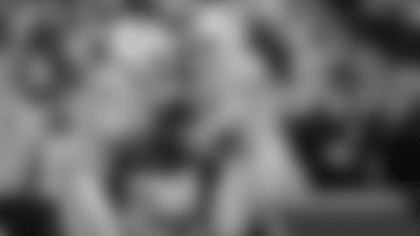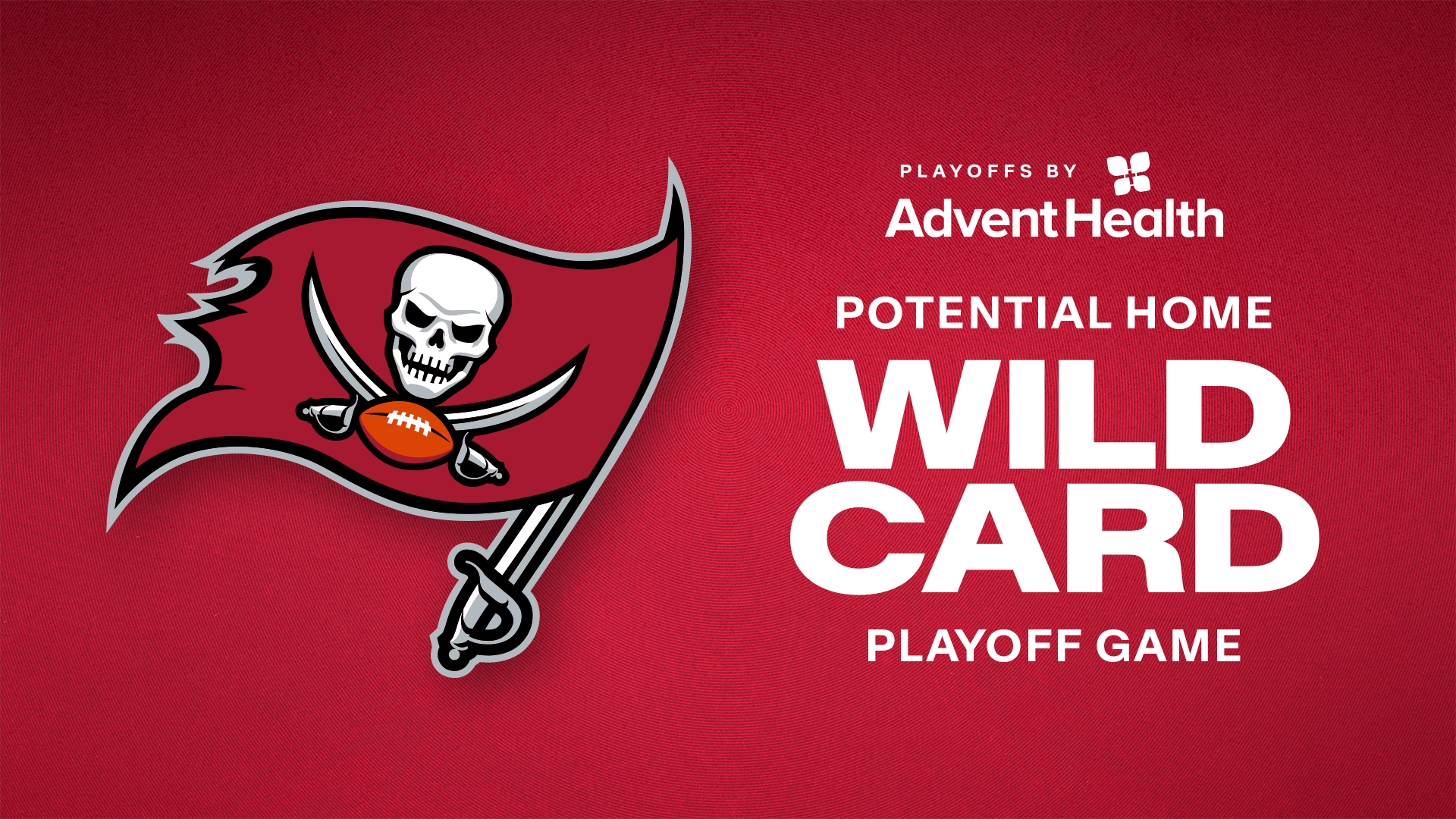WASHINGTON (AP) - The NFL, which is trying to maintain its TV blackout of home games that don't sell out, missed an opportunity 40 years ago to preserve an even more restrictive policy when it rebuffed an effort by President Richard Nixon to lift the hometown blackout just for playoff games.
On a previously unreported tape recording, now in the National Archives, Nixon told his attorney general to offer the league a deal: Allow playoff games to be televised in the hometown city, and the president would block any legislation requiring regular-season home games to be televised as well. At the time, the NFL blacked out all home games, whether they were sellouts or not.
The president was a serious fan and in the early 1970s, he shared the anger of Washington residents who couldn't watch Redskins games on TV, former aides recalled. The Redskins routinely sold out and the NFL blackout policy left no way for Washington fans without tickets to watch home games. In October 1972, Nixon's Justice Department had even told Congress it was time for some modification of the blackout policy ``in the public interest.''
By December it was clear the NFL would black out that season's playoff games, including the first-round Redskins-Green Bay Packers game in Washington.
In a Dec. 19, 1972, telephone call just days before that game, Nixon told Attorney General Richard G. Kleindienst to relay this message to NFL commissioner Pete Rozelle: ``If you make the move, for these playoff games, we will block any - any - legislation to stop anything else. I will fight it personally and veto any - any - legislation. You can tell him that I will veto it. And we'll sustain the veto. ... Go all out on it and tell him he's got the president's personal commitment. I'm for pro football all the way, and I think it's not in pro football's interest to allow this to build up because before you know it, they'll have the damn Congress go all the way. We don't want Congress to go all the way.''
Nixon told his attorney general that the NFL should have absolute protection on all regular-season games'' and thatif we can get the playoff games, believe me, it would be the greatest achievement we've ever done.''
As Kleindienst began to outline what he would tell Rozelle, Nixon interrupted him.
But let me say, that I want us to get some publicity out of this,'' the president said.I just don't want to do this to accomplish it.''
I understand that,'' Kleindienst responded.And that's what I'm going to tell him. That without putting your neck on the line ...''
``Oh, I don't mind my neck on the line at all,'' Nixon said.
Now see if you can work that out and tell him this would be the greatest move he could ever make,'' Nixon said at the end of the call.He'd be a hero to the nation.''
Incredibly, the next day Rozelle rebuffed the attorney general.
News stories at the time reported that Rozelle declined Kleindienst's request to televise the upcoming playoff games, but made no mention of Nixon's offer to maintain the regular-season blackouts in exchange. Kleindienst responded by announcing the administration would ``seek legislation that is more in keeping with the public interest.''
The league had predicted that broadcasting home games would hurt attendance, and Rozelle repeated his oft-stated fear of pro football becoming a studio show.'' As Congress considered legislation the following year to lift the blackout, Buffalo Bills owner Ralph Wilson wrote Nixon on Aug. 2, 1973, thatlifting of the `blackout' on sold-out games poses perhaps the most serious threat to the over-all well-being of professional football that it has faced in recent history.''
But Congress did pass legislation the following month preventing blackouts of professional sports games that are sold out 72 hours beforehand. Nixon signed it in time for the 1973 season.
NFL executive Joe Browne, a college intern under Rozelle in the 1960s and now senior adviser to the current commissioner, Roger Goodell, said in an email to The Associated Press this past week that Rozelle faced a ``pick-your-poison'' choice.
``The reason the White House/DOJ deal did not pan out was that Pete was more comfortable with what he was hearing from Congress,'' Browne wrote. Rozelle simply preferred lifting the blackout for 72-hour advance sellouts to the risk that postseason games might end up with half-filled stadiums, Browne believes.
The blackout law has since expired, but the NFL agreed to make it league policy.
The Federal Communications Commission passed a regulation in 1975 preventing cable systems from carrying a sporting event that is blacked out on local broadcast television stations, effectively reinforcing the NFL blackout policy. But the FCC is now considering a petition by the Sports Fans Coalition to rescind this rule, which would seriously dent the league's blackout policy, although it wouldn't affect viewers who don't subscribe to cable or satellite.
At his news conference before the Super Bowl, Goodell noted that the league had only 16 blackouts in 2011 and said the goal is zero. The commissioner said the NFL has to balance making games available on free TV with encouraging fans to come to the stadium.
``The policy has served us very well over four-plus decades,'' he said.
The number of blackouts has decreased steadily over the years: 50 percent of games in the 1970s (after the 1973 law), 40 percent in the 1980s, 31 percent in the 1990s, and 8 percent in the 2000s. Last season's 6 percent was the fifth-lowest, according to the NFL.
But some teams still have high numbers. The Cincinnati Bengals had six of their eight home games blacked out last season, for example, and the Tampa Bay Buccaneers were blacked out five times.
Blackouts may be down nationally, but tell that to the folks in Tampa,'' said Brian Frederick, executive director of the Sports Fans Coalition.By and large, the cities paid for these stadiums.''
That group receives money from Verizon, which provides pay TV, and has received funding from Time Warner Cable in the past. But Frederick insisted the coalition ``driven by fans.''
In another previously unreported taped White House conversation the week before the first 1972 playoff game, Nixon vented to Kleindienst and White House aide John D. Ehrlichman about the game not being televised locally.
The folks should be able to see the goddam games on television,'' he said.Playoff games. Playoffs - all playoff games should be available.
``Now, you might say this. You might also point out, and say listen, just so you understand ... the president is not speaking for himself in this instance, because he's going to be in Florida. And he's going to be watching the game in Florida - it's going to be carried there. But he's speaking for all the people in Washington that didn't vote for him,'' Nixon said to laughter. The president had lost only the District of Columbia and Massachusetts in his landslide 1972 victory over Democrat George McGovern.
``Put it right that way.''
Audio of President Nixon and his attorney general discussing a deal to end NFL blackouts during playoffs: http://bit.ly/y6uMgQ
Follow Fred Frommer on Twitter: http://twitter.com/ffrommer























